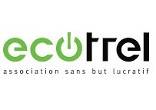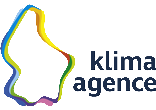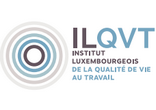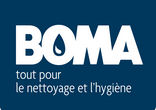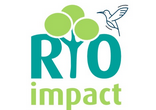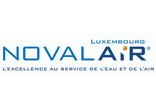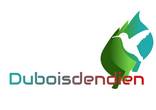
Water pricing in Luxembourg is not sustainable
The water framework directive says that Member States shall take account of the principle of recovery of the costs of water services and they shall ensure by 2010 an adequate contribution of the different water uses, disaggregated into at least industry, households and agriculture, to the recovery of the costs of water services.
However what exactly constitutes an adequate contribution is not defined. Article 9 brings therefore also flexibility for the Member States. The third paragraph of the first sentence allows them to have regard to the social, environmental and economic effects of the recovery as well as the geographic and climatic conditions of the region or regions affected in order to dilute the full cost recovery principal. As the WFD does not specify the social, environmental and economic concerns or the geographic and climatic conditions that Member State may have ‘regard to’, there is enough room for political activism and acting. Unfortunately the WFD does not contain any criteria to determine the extent and limits of this scope. The text does not give a guideline how “adequate contribution” can be interpreted and applied in practice across the Member States. Nor are there standard benchmarks relating to affordability of water services. This means that the prime or production costs per cubic meter drinking water and waste water can be more or less undercut.
Regarding the very high water production and supply costs, Luxembourg was strong willed to use this semantic and juristic imprecision to a maximum and to protect the residents against the full cost recovery principle. Quite a lot of economical and geographical “appeasement mesures“ were applied with the results that gross total cost were almost cut up to 50% for a few municipalities. A part from Luxembourg-City and three other locations, all the municipalities have benefited from the “appeasement mesures“.
The table above entitled „Overview about the recovery rats for water services in Luxembourg“ projects the cost of water services linked to the water supply and waste water removal and the recovery rate for gros total cost and for total cost turned (faked) after the “appeasement mesures“ were applied. Based on financial reporting data of the year 2012, the global recovery rate is a mere 66%. It means that just two third of the gross total costs of the water service are recovered via the user pays and polluter pays principles. If the water prices are not regularly and systematically updated, the ratio is today between five and tens points lower (56-61%) as a) the rate of price increase was not zero the last years and b) the infrastructures were expanded (new financial costs of major infrastructural investments must be treated).
Furthermore a report from the year 2005 published by the International Commission for the Protection of the Rivers Mosel and Saar (ICPMS), the Luxembourgish coauthors estimated that the recovery rate for costs linked to potable water services was around 80% at that time. If you consider a adequate accuracy of that percentage, than then recovery rate has dropped from 80% in 2005 to 73% in 2012 although during the last ten years water supply prices but especially water removal prices have doubled, tripled or even more in some municipalities.
Prices constitute the most efficient information system ; they largely determine decisions taken by producers and consumers. When prices do not reflect the full costs and benefits of production and consumption, the facts about resource scarcity and environmental values aren’t made known.
Apart from attributing an economical value to water, Member States shall ensure that water pricing policies provide adequate incentives for water users to use water efficiently and contribute to the achievement of meeting the environmental objectives of the WFD - in one headline : holistic sustainable water management. Unfortunately political opinions count more than social and economical facts and sustainable objectiveness.
Follow Wantz-Consulting on http://linkedin.com/in/wantzconsulting and stay connected to water politics in Luxembourg.
Communiqué par Wantz-Consulting

